The Marine Resource Expedition 2008 - 2010
Sitting on a beach in Gabon, West Africa Mike and Linda started a conversation that would change their lives forever. Both were working in Gabon with the Wildlife Conservation society in Mayumba National Park. It was a remote and fantastically exiting area, a proving ground where they would learn by working with the local eco guards, this started to change the way they looked at conservation. What the eco guards were doing was hard and difficult and often done without much pay – but they were exited and loved their work and did it without grumbling. In fact instead of becoming disillusioned they were bursting with pride and exuberance in their natural world. Conservation can be an incredibly depressing environment to work in, but here were people that were thriving instead of being in a constant state of woe. Would there be other people around the world that would be just as exited about marine conservation and exited to do this often very challenging work? The mission decided on was to go and discover people and projects from around the globe that were making a difference in marine conservation despite the desperate situation the marine world is in, find them and film their stories.
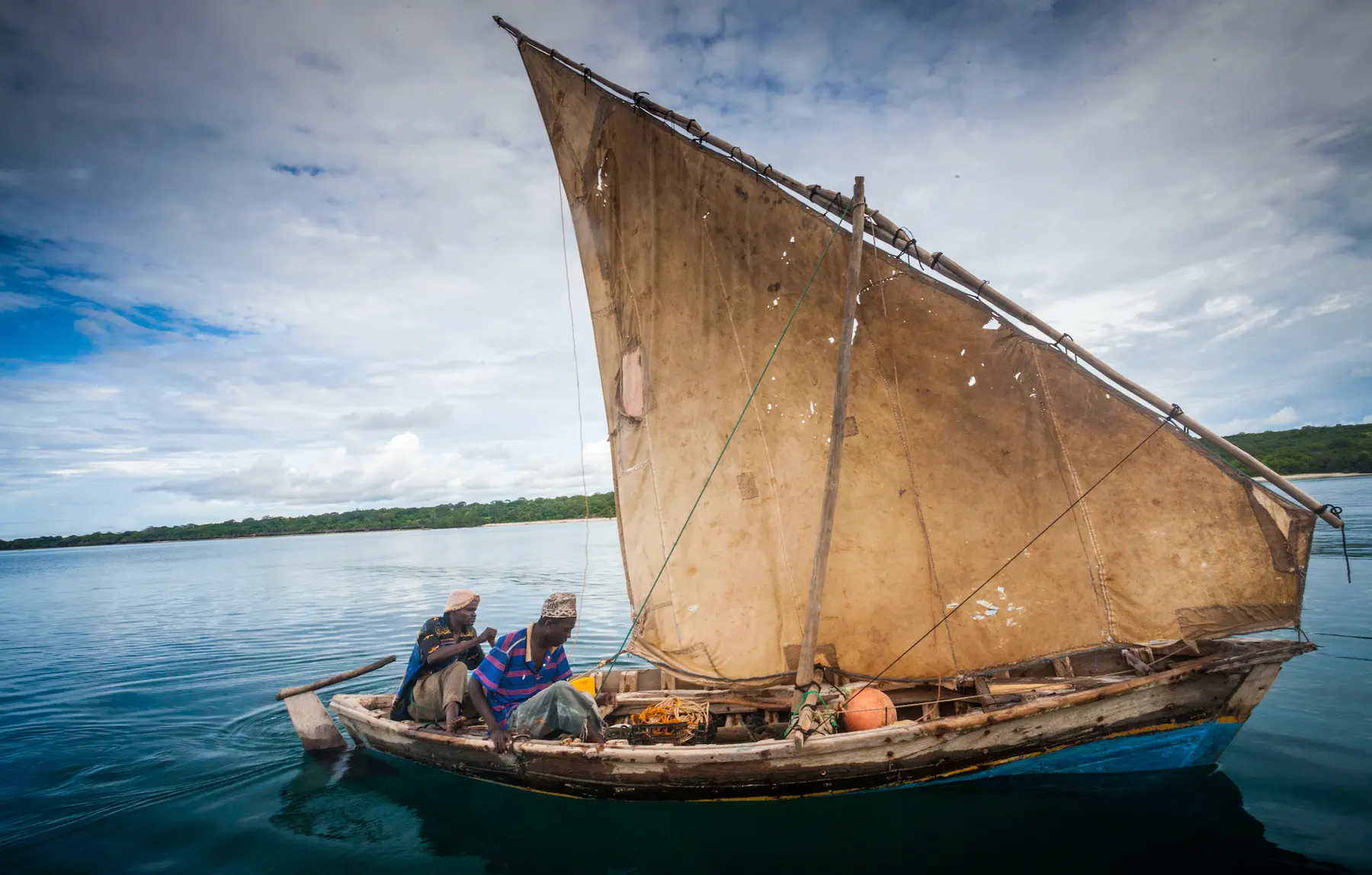
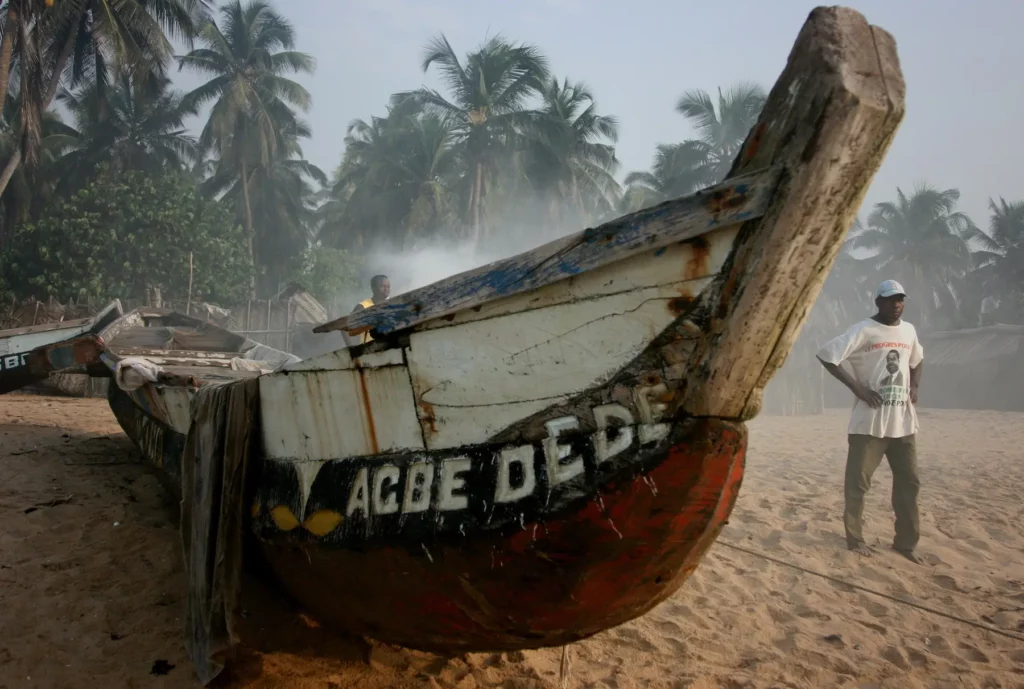
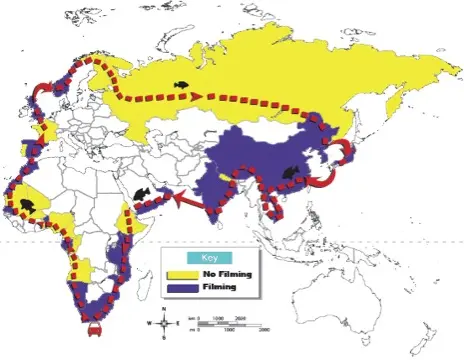
We initially thought this would just be a short jaunt up the west coast of Africa, but when we really started to think about it, how could we talk only about one coastline and the people and projects on it, when there is a whole world out there to document? So the map got bigger, and so did our target. We were going to basically drive from Cape Town to Japan, and back, through 42 countries over the continents of Africa,Europe, Asia and Arabia with the help of our amazing vehicle nicknamed ‘Jhonny.’
For two years we documented in video and photos the inspirational stories of people who are doing things right, something, which is often overlooked. The road ,train, plane and every other transport we had to use was not easy, and we went through one learning curb after the next. You can try and prepare yourself for as much as possible, but in the end you will never be fully prepared for certain things. It was a massively ambitious idea, and I think when we told people we were going to drive from Cape Town to Japan and back, most thought we were joking. We struggled to get sponsorship, knocking on over 300 doors, but our passion and determination carried us through and eventually after 290 no’s we got 9 yes! enough to get us going.
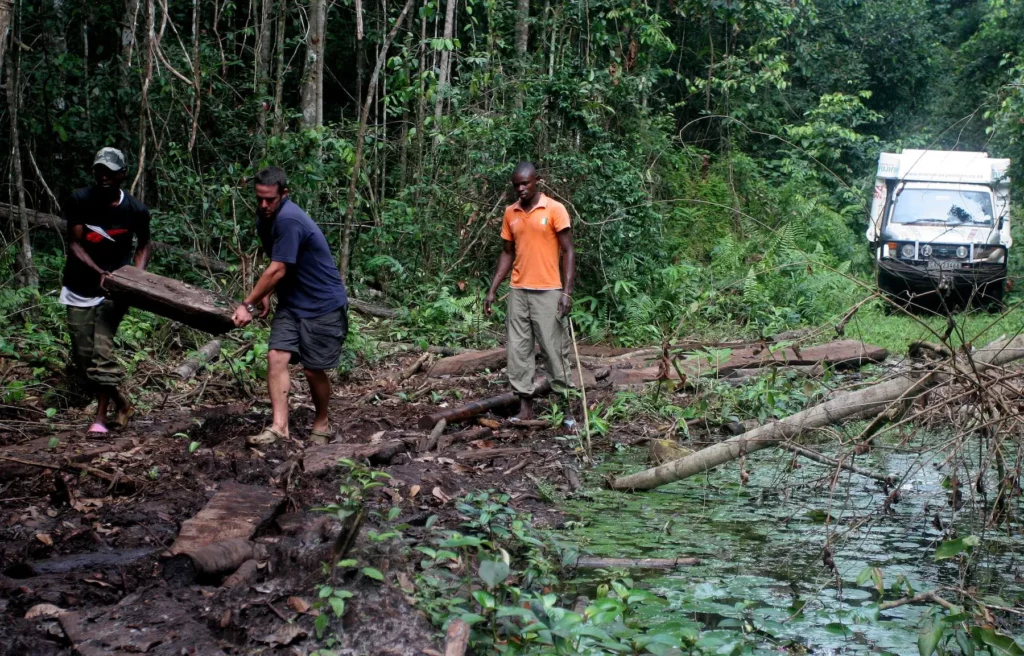
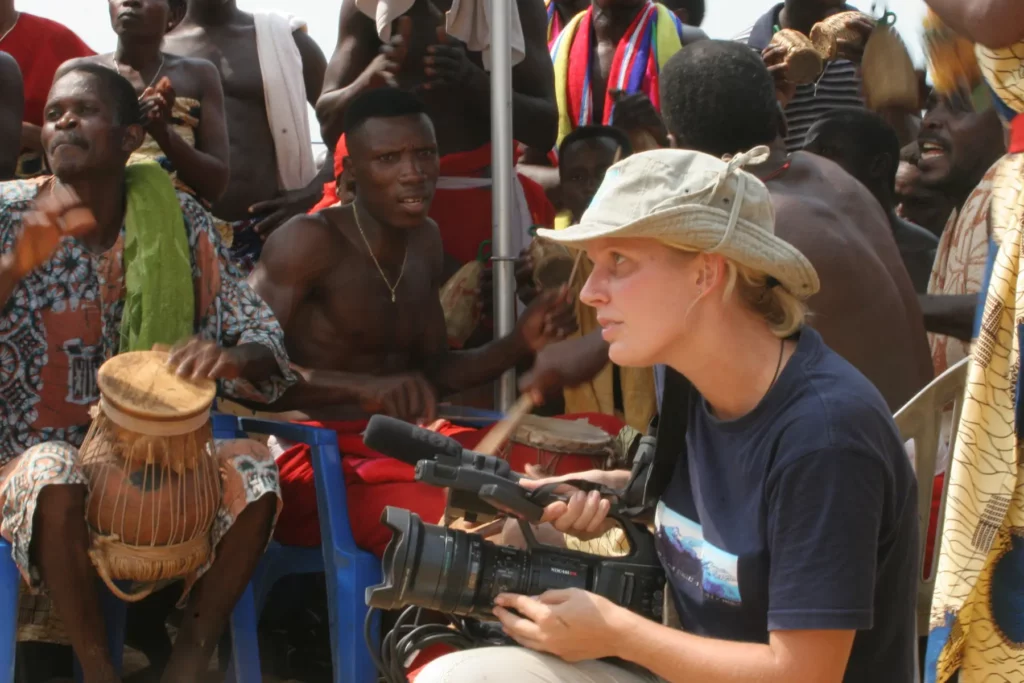
We are optimistic about the potential for the African continent. We have everything we need right here to make this continent a leading power in the world. We have resources, we have pristine environments and from this expedition we realised that we have the people who are more than willing to do the work needed to improve everyone’s lives – all we are lacking is the political drive. It’s so empowering to meet people who have almost next to nothing, who are willing to give their all to make a difference for their communities, often at great personal expense to themselves. If our leaders could take a page out of the people and projects that we have met along the way ,we would be unstoppable.
In the words of Haider El Ali, head of Oceanium Senegal , words that we have now adopted
“We humans are the problem, but we are also the solution.”
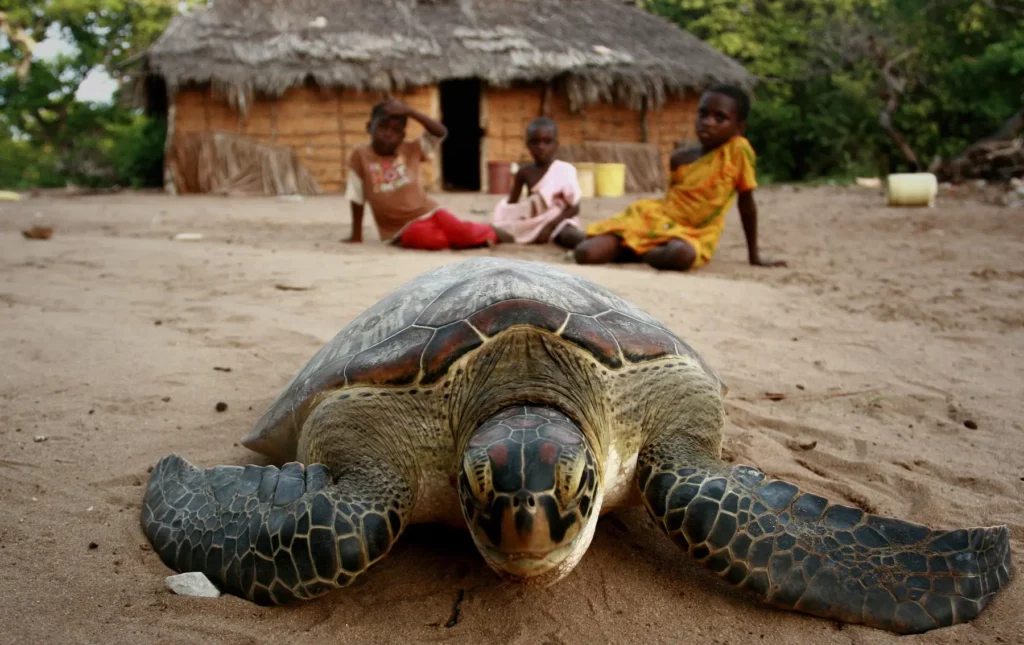
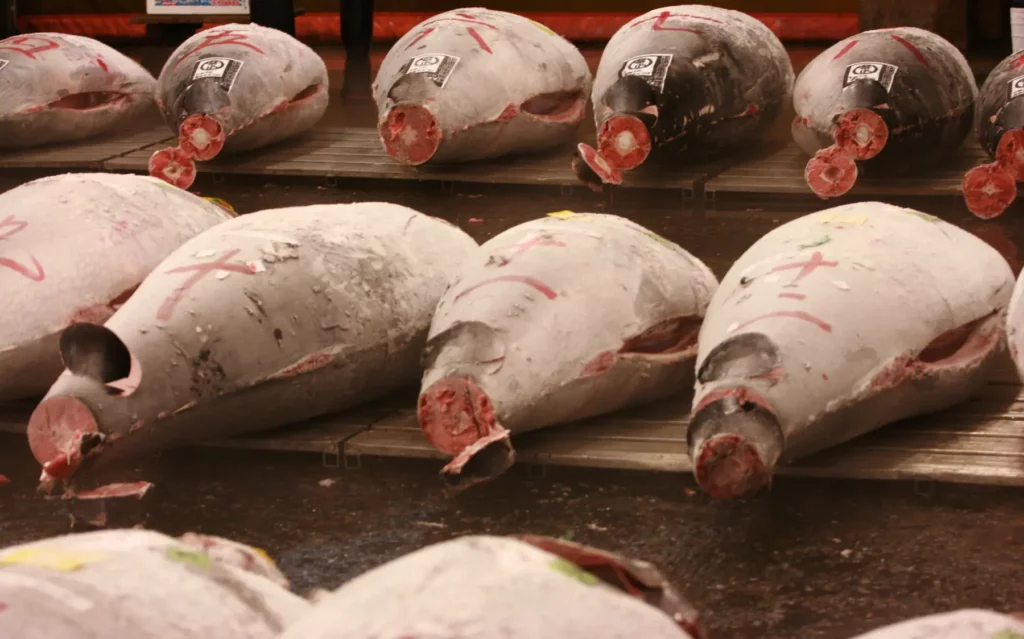
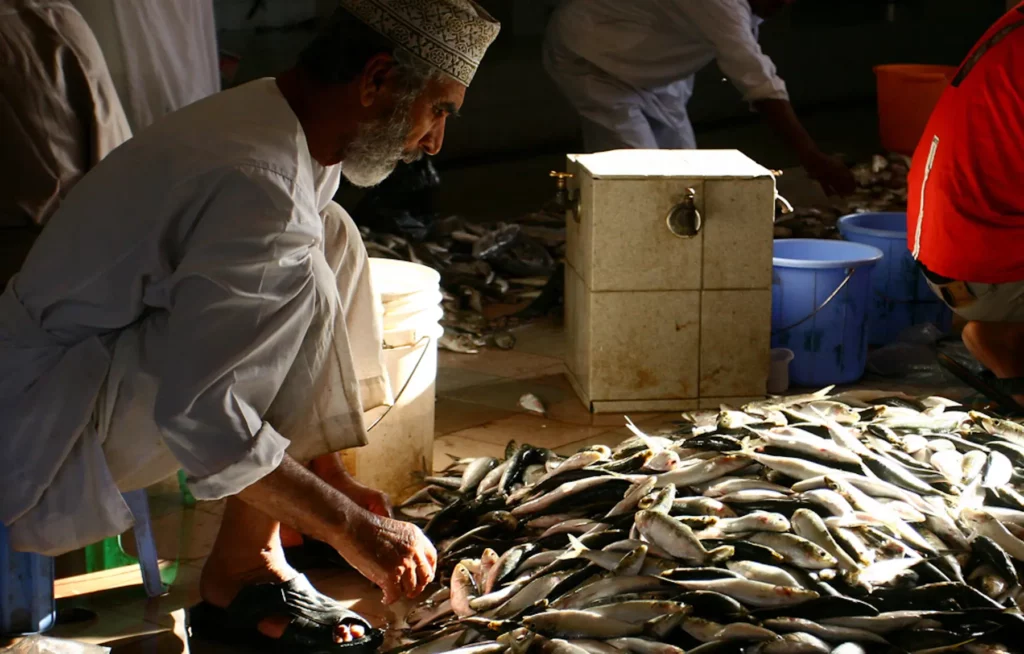
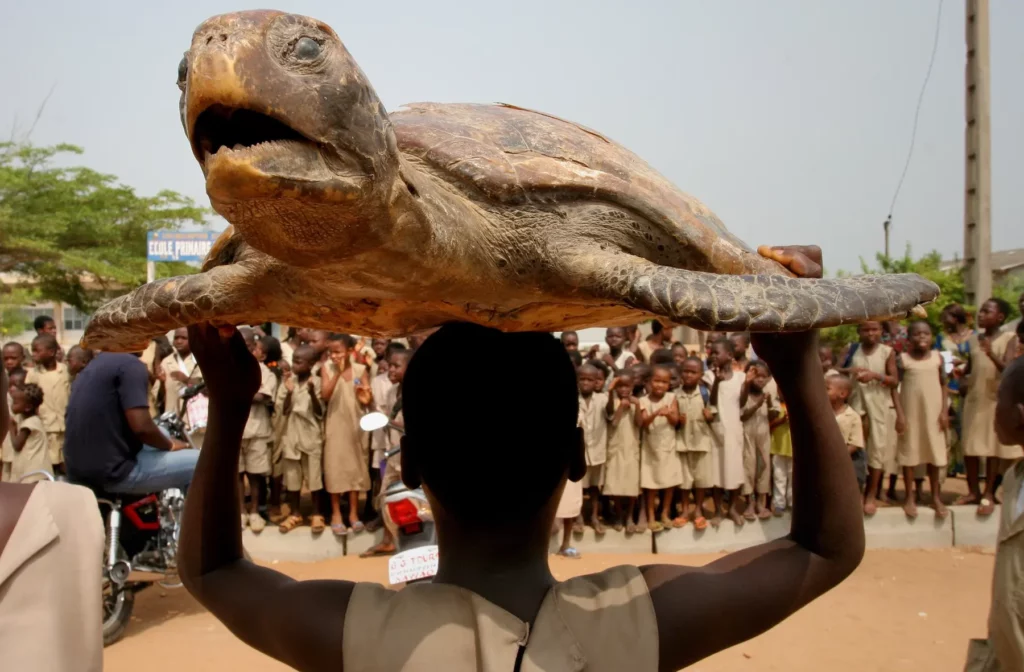
What did we learn from the expedition
Firstly, driving through 42 countries in 24 months is no simple task. Documents, paperwork, visas, fuel, maps, access, roads etc. were all the typically obvious challenges, however there was far more.
Linda and I became a team, relying heavily on each other for support and validation of critical decisions regarding safety, or getting “that shot” or deciding where to sleep that night. The challenge became one of accepting dependance on each other and no matter what happens, it is the two of us that will pull through on the other side, not just one of us. Having this realization early on in the expedition was key, because when we engaged with people whether it was discussing conservation or filming key aspects of their work, we were able to always work as a team despite any challenges, and this is why we succeeded.
Our impressions after visiting fishing villages, interviewing governments, NGOs, spending time in villages with local fishers and with law enforcement agencies was that there is a real and significant fisheries crisis on our hands. It may sound like stating the obvious, but despite the realization that globally fisheries resources are in trouble, it was our understanding of what defines a fish that became critical to our thinking and how we defined the problem and/or possible solution.
Its not what defines a fish that is important, the question should be what does a fish represent? Once we started asking the right questions, the connections with society, the desperation by which collapsed fish stocks with have on communities became apparent. This expedition was not based on science, but it was really a connection with people. Setting out we were asking if MPA’s were working, what are the solutions to fisheries management and law enforcement, what we came back with was how fisheries represents community cohesion, livelihoods, hopes and dreams, economic freedoms to mention a few. It is only when we start considering the social costs that we start thinking about effective fisheries management issues.
The expedition was a great success, but linking our findings with scientific backing, i.e. baseline datasets linking biological information with social data was the logical next step and why we undertook the East African Marine Transect Expedition in 2012.
A selection of video clips filmed and edited whilst on the expedition. Linda and I had never edited of filmed anything previously, so everything was a learning curve. Here are some of our first filming attempts.
